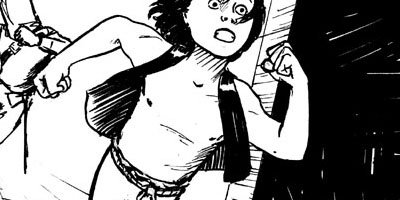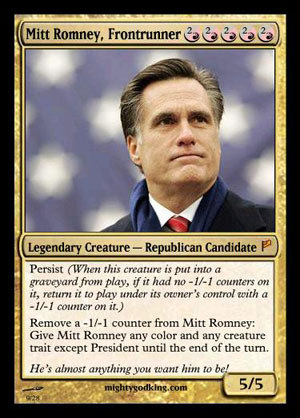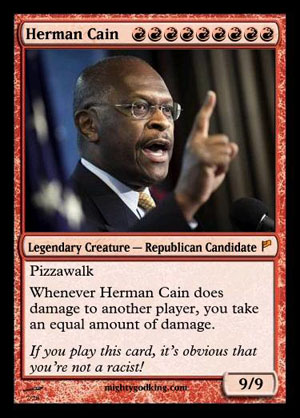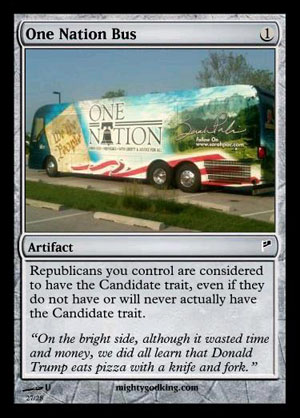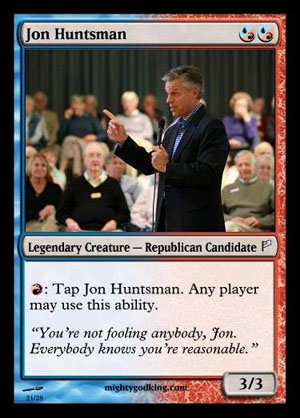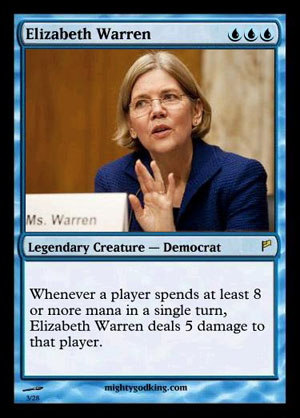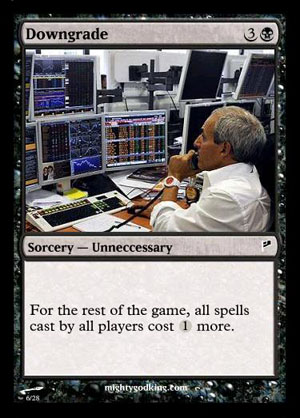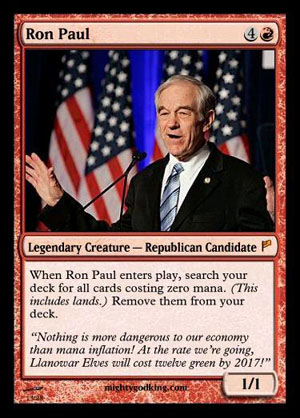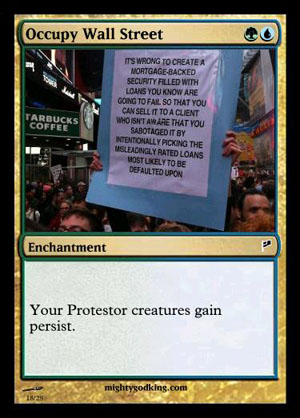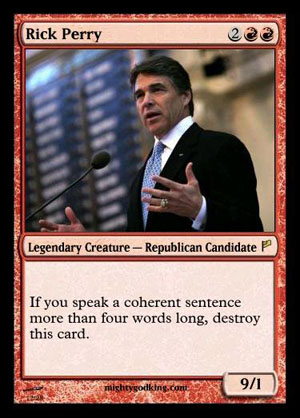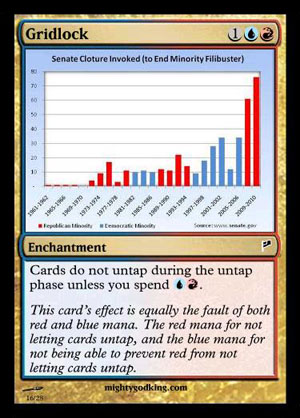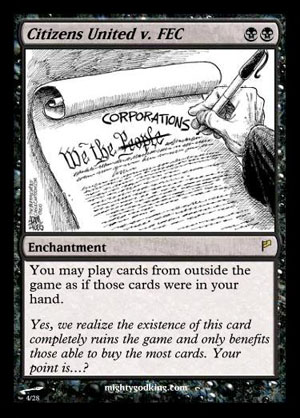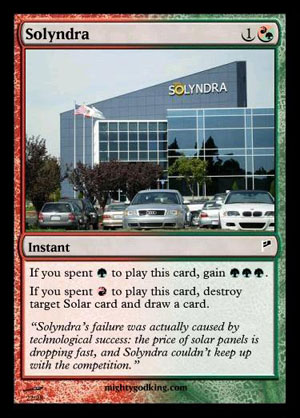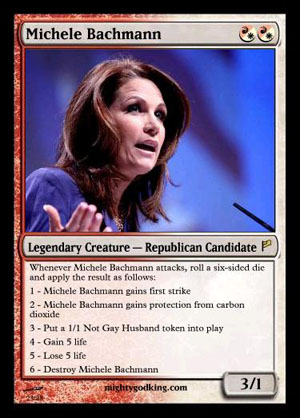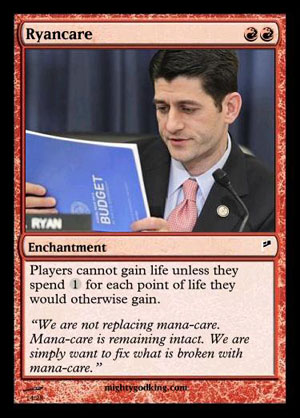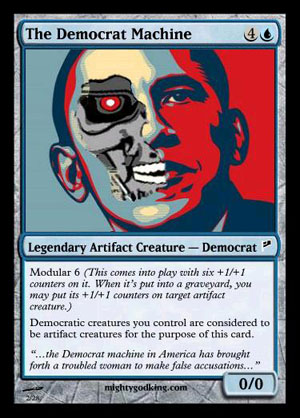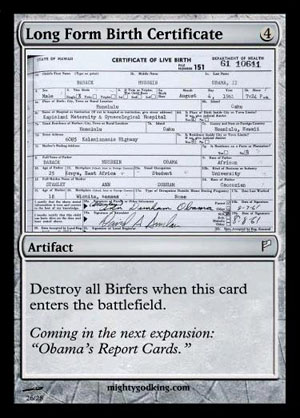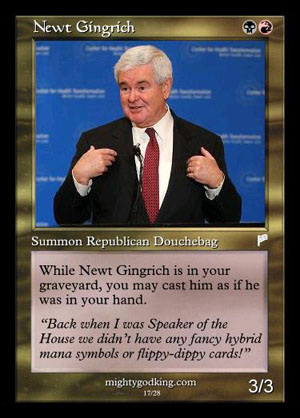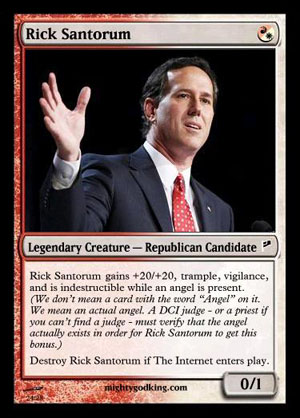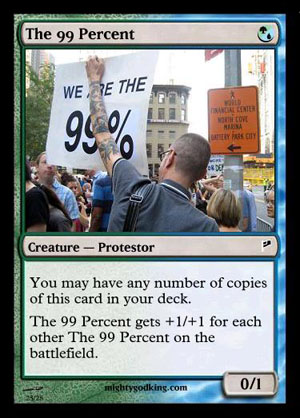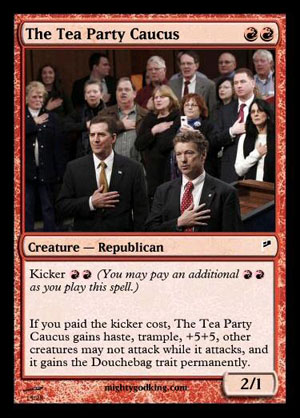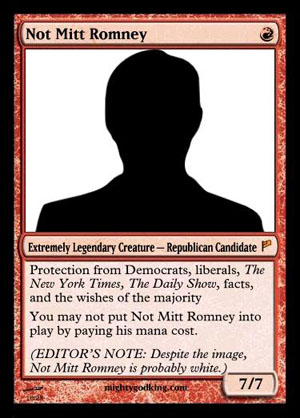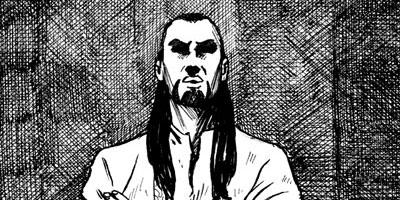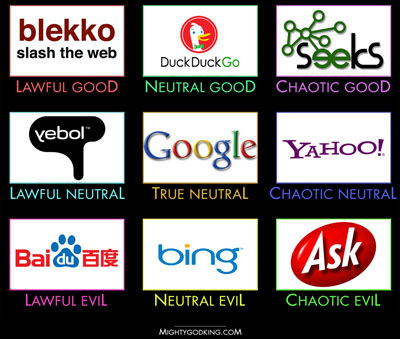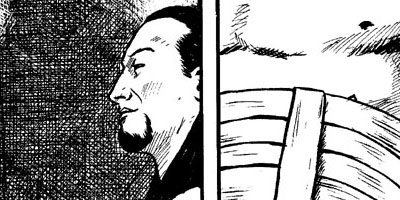My weekly TV column is up at Torontoist, featuring my oft-requested thoughts re: Community going on hiatus.
21
Nov
19
Nov
If you’re like me you’re a little perturbed by the sudden rash of cancellations of second-string Marvel titles. Just this week alone I’ve heard that X-23, Ghost Rider, Black Panther, Punisher Max, and now Daken: Dark Wolverine are getting the axe. Alpha Flight, which started as an eight-issue miniseries and then became an ongoing, has been re-designated a miniseries, so even though it’s a lateral move I count that among the body count.
Since I was curious, I checked the October 2011 sales figures to get a sense of what could be next on the chopping block. The following are the core Marvel Universe ongoing series that sold fewer than 25,000 copies in October. (I figured there was no point comparing the Ultimate books, creator-owned projects, licensed stuff, etc., since they’re often assessed by different standards.) I’ve crossed out the books that are already dead:
X-23 #15 – 24,043- Thunderbolts #164 – 23,712
- X-Factor #226 – 23,569
- Avengers Academy #20 – 23,412
- S.H.I.E.L.D. #3 – 21,060
Ghost Rider #4 – 21,012Alpha Flight #5 – 20,731Daken: Dark Wolverine #15 – 19,759- Generation Hope #12 – 18,424
Black Panther: The Most Dangerous Man Alive #524 – 18,248Punisher Max #18 – 17,541- Deadpool Max II #1 – 15,865
Herc #9 – 13,190
So yeah, if you’re a fan of Avengers Academy or Generation Hope, you’ve got good cause to be a little nervous.
It’s hard to imagine Thunderbolts or X-Factor ever going away, although even if they were axed I think they’d find their way back before too long. Consider that the current version of T-bolts has lapped the 1997-2003 incarnation’s 81 issues, and the modern X-Factor is well on its way to overtaking the 1991-1998 era (#71-149). Both of these properties have found their place in the Marvel pantheon–they’re now akin to titles like Defenders and New Mutants that never truly go away, as opposed to titles like Champions and Skrull Kill Krew that aren’t coming back.
From last week’s open requests post:
Pantsless Pete: An explanation of how Betty Brant doesn’t come off as creepy in early issues of Spider-man by being a woman in, using the bare minimum of her completing high school and secretarial school, her early twenties hitting on a weird looking seventeen year old.
You know that one episode of South Park where a schoolteacher falls in love with Ike, and whenever anybody describes their relationship to a guy, the guy’s inevitable answer is “…nice.” You know that? It’s like that.
Arthur Robinson: What are your thoughts on podcasting? Like what do you think of the medium? What are your favorite shows? And would you ever start your own?
I’ve guested on Squideye And The Bitter Guy once and guested on a couple of other podcasts, and in terms of the medium I think it’s radio gone indie. Which is fine and good, don’t get me wrong, but some people treat podcasting like it’s this transcendent thing, and really, it’s just radio when you get down to brass tacks.
As for doing my own, I find that unless you’re being paid, you generally either blog or podcast, not both. It’s a time thing.
RAC: Played any interesting new boardgames lately?
I recently got the chance to play Eclipse and was monumentally impressed with it. I think it’s that long-foretold board game: the playable and elegant 4X space game (explore, expand, exploit, exterminate, for those who don’t know what 4X is). The mechanics are streamlined enough that the game isn’t too hard to learn (although it’s still an advanced game, don’t get me wrong), but there’s an incredible amount of depth, theme and replayability to it. I mean, this is a Euro-styled game where you still get to design your own spaceships a la Sid Meier’s Alpha Centauri, which is pretty great.
I also played a few games of Ankh-Morpork, which is a fun, fast and light game with a few major design flaws that desperately need to be addressed to make it playable (the most notable of which is that Vimes is simply much more powerful than the other personality-roles players can be).
Oh, and everybody around here is always up for a game of Blood Bowl: Team Manager or King of Tokyo. (Fun fact: any game with “Tokyo” in the title is either about World War II or giant monsters.) BBTM is a great little card game that really carries the theme of “seasons of Blood Bowl” quite well, and KoT is Yahtzee except with giant monsters instead of boring scorepads. Both are excellent.
I’ve got a few longer boardgame posts in draft form, currently. I’ll get back to them at some point.
Crazed Spruce: What fantasy books would you recommend for a person who likes fantasy movies and television, but never really got into fantasy novels?
Standalone fantasy novels tend to be relative rarities – the only author I can think of who does them regularly is Guy Gavriel Kay. Epic fantasy is epic for a reason: they tend to be book cycles rather than individual books. That having been said, The Belgariad by David Eddings is a very good “light” entry into fantasy epics. Even thou fantasy readers will mock the hell out of Eddings for reusing the same plot like six times, it’s like how every ZZ Top song is the same: you’re not there for the plot, you’re there for the dialogue and the eminent fun of the thing. And all those mockers read Eddings and loved him at one point.
If you want to go heavier, in ascending order:
– The Magician/Riftwar cycle by Raymond E. Feist, which is basically the mostly thinly disgused D&D campaign in the history of fiction, but is quite good nonetheless;
– The Servant of the Empire trilogy by Feist and Janny Wurts, which expands off to the side of the Riftwar cycle as a set of standalone books set in a different world (explaining would take a while) and, while heavier than the Riftwar books, are also better;
– The Fionavar Tapestry by Guy Gavriel Kay is middle-weight and epic and lovely;
– and if you’re going to jump into the deep end right off the bat, just go with George R.R. Martin already and save yourself some time.
And Pratchett, of course, but if you’re going to start reading fantasy anyway, it might be better to save Pratchett until after you’ve read a bunch of the books he’s parodying.
protocoach: What are your thoughts on Aaron Diaz’s reboots of the DC Universe?
I think they’re an admirable creative effort, but are coming from a place that ignores the essential appeal behind the characters in the first place, which is important in any reboot because the point of a reboot is to remind audiences why the character is vital in the first place. Most of Diaz’s reboot ideas are neat and cool, but Superman as some weird energy matrix just isn’t Superman (as DC figured out soon enough). Diaz’s ideas are more akin to the Tangent Universe or “Stan Lee’s Just Imagine” and should be considered accordingly.
15
Nov
STAB AT RELEVANCE PART 4: STABBA-LABBA-DING-DONG
Posted by MGK Published in Bad Comedy, Gaming, Here's A Lot Of Photoshops, Photoshopp'd, Politics14
Nov
My weekly TV column is up at Torontoist.
14
Nov
10
Nov
Cuitlamiztli Carter asks:
I suspect your answer to why you love the Legion of Superheroes so much may boil down to “Because it’s great fun” (which is a valid reason for comics). That said, I’m really curious if your affection for them is a “Rex the Wonder Dog” gimmick or a true appreciation of and support for the concept. In other words (or related words), what do you think of the assertion that the concept has reached a “must change or die” point?
I’ve never met, in an offline context, a comic book fan who actually liked the Legion. I know they’re out there, this site demonstrates that, but in conversations I’ve had, the Legion is cited as an example of a ridiculously-dated concept.
Rationales include the fact that characters come from planets where their powers are commonplace (so anyone could fill their role), that their names and powers are often goofy, and their vision of humanity in the future (white, white, white) is grossly out of step with most sci-fi today.
So what is it about the Legion of Superheroes that makes the Internet’s best comic blogger such a devoted fan?
“It’s great fun” is really way down the line for me. Yes, the Legion can be fun, but their appeal for me has always laid in their ability to generate great drama – and, rare in superhero comics, tragedy. Members of the Legion can die – and do – in a way that most other superhero comic characters generally don’t, because the Legion is so isolated from the rest of DC continuity.
Think of a shared superhero universe as something that generates inertia. At the core of the universe, very little will ever change or even bother with the illusion of change: Superman will always be Big Blue, Batman will always mourn his parents, Wolverine will always have claws and be gruff. As you get further and further away from that core, though, you get more and more freedom to do whatever you want. A good example of this is the Planet Hulk storyline, where the only given was that the Hulk would be alive at the end of it and every other character’s fate was unknown, because they were the fringe of the Marvel Universe.
The Legion is only slightly less fringe, because they’re so far displaced from the rest of DC continuity due to the thousand-year-leap. To call what you can do with the franchise “permanent” is something of a misnomer – after all, there will always be the potential for a reboot. But for the purposes of storytelling, nobody in the Legion is safe.1 At various points Legion comics have killed off almost every primary member – or turned them into villains, or driven them insane. That makes the illusion of change in mainstream superhero comics less illusory.
As for the concept being dated, that is silly talk. The idea that anybody from somebody’s respective planet could duplicate their representative hero has been debunked numerous times. Legionnaires are either way above the average member of their race in power ability (Cosmic Boy, for example, is a star athlete in terms of his magnetic ability; Brainiac Five is smarter than every other Coluan by far), members of races that are paranoid, withdrawn or extinct (Element Lad, Chameleon, Mon-El) or actually unique in terms of their powers and are just straight-up traditional superheroes (Ultra Boy, Lightning Lad). Is the Legion at times startlingly over-white? Yes, but this is nothing that cannot be fixed. I personally take the position that any new Legion character should be alien, non-white or both.2
And it is a sci-fi book, or at least a space opera. That gives it a tone mostly unique among superhero comics.3 I think a Legion book done right offers a unique perspective on superheroing. And when it’s done right, it’s better than almost anything out there: the Legion does epic on a scale most comics can never touch. This is a comic book where Mon-El fights the end of time to the death, rewrites history, and then someone else risks their life to rewrite history back the other way, and it’s touching and awe-inspiring and it all happens in two issues.4 Legion was doing what Grant Morrison gets critical acclaim for doing years before Morrison ever did it. That’s why it’s a great book.
- Except probably for Brainiac Five due to his popularity. I am fine with this. [↩]
- The names are probably going to stick, but unless you think “CyberClawz” or the like are dramatically realistic, accept it as a genre convention and move on. [↩]
- Guardians of the Galaxy is a great book, but tonally I think it’s got a lot more in common with Warhammer 40,000 than Legion, which is weird because Dan Abnett and Andy Lanning have written for all three properties. [↩]
- Specifically LSH v4 #4-5. [↩]
Last week’s pledge drive went very well, covering about 90% of my IP renewal cost, so I think it’s time for another requests post. What would you guys like to see? Standard caveats: no “I Should Write” requests, no requests for “more original comics” unless you’re willing to be or find an artist for me, and nothing about oysters. (I just don’t like oysters.)
9
Nov
Archie Andrews and the Prisoner of Improvementkaban
Posted by MGK Published in Archie (Improved Or Otherwise), Comics, Interactive Fun Time Party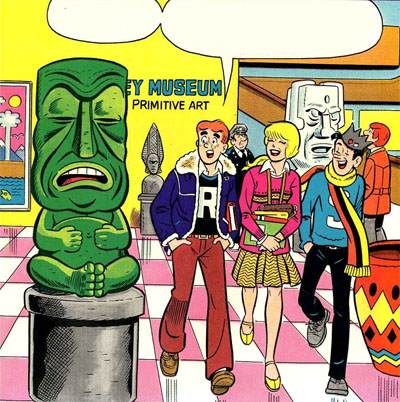
8
Nov
Damn, I feel old right now.
Did you know Humpty Hump is now 48? What the hell, time? What the hell.
8
Nov
In all honesty the time-traveling dinosaurs could have been more awesome
Posted by MGK Published in The Internets, TVMy weekly TV column is up at Torontoist.
7
Nov
Also Rob Ford is a fatty fat fat
Posted by MGK Published in Canadian Politics, Politics, The InternetsTOrontoist asked me to weigh in on Toronto’s new proposed cycling bylaw, so I did just that. Because that is how I roll. (On a bike, you see.)
7
Nov
Search
"[O]ne of the funniest bloggers on the planet... I only wish he updated more."
-- Popcrunch.com
"By MightyGodKing, we mean sexiest blog in western civilization."
-- Jenn
Contact
MGKontributors
The Big Board
MGKlassics

Blogroll
- ‘Aqoul
- 4th Letter
- Andrew Wheeler
- Balloon Juice
- Basic Instructions
- Blog@Newsarama
- Cat and Girl
- Chris Butcher
- Colby File
- Comics Should Be Good!
- Creekside
- Dave’s Long Box
- Dead Things On Sticks
- Digby
- Enjoy Every Sandwich
- Ezra Klein
- Fafblog
- Galloping Beaver
- Garth Turner
- House To Astonish
- Howling Curmudgeons
- James Berardinelli
- John Seavey
- Journalista
- Kash Mansori
- Ken Levine
- Kevin Church
- Kevin Drum
- Kung Fu Monkey
- Lawyers, Guns and Money
- Leonard Pierce
- Letterboxd – Christopher Bird - Letterboxd – Christopher Bird
- Little Dee
- Mark Kleiman
- Marmaduke Explained
- My Blahg
- Nobody Scores!
- Norman Wilner
- Nunc Scio
- Obsidian Wings
- Occasional Superheroine
- Pajiba!
- Paul Wells
- Penny Arcade
- Perry Bible Fellowship
- Plastikgyrl
- POGGE
- Progressive Ruin
- sayitwithpie
- scans_daily
- Scary-Go-Round
- Scott Tribe
- Tangible.ca
- The Big Picture
- The Bloggess
- The Comics Reporter
- The Cunning Realist
- The ISB
- The Non-Adventures of Wonderella
- The Savage Critics
- The Superest
- The X-Axis
- Torontoist.com
- Very Good Taste
- We The Robots
- XKCD
- Yirmumah!
Donate
Archives
- August 2023
- May 2022
- January 2022
- May 2021
- January 2021
- December 2020
- October 2020
- June 2020
- March 2020
- January 2020
- December 2019
- October 2019
- February 2019
- January 2019
- December 2018
- April 2018
- March 2018
- February 2018
- January 2018
- December 2017
- November 2017
- October 2017
- February 2017
- January 2017
- December 2016
- November 2016
- October 2016
- September 2016
- August 2016
- July 2016
- June 2016
- May 2016
- April 2016
- March 2016
- February 2016
- January 2016
- December 2015
- November 2015
- October 2015
- September 2015
- August 2015
- July 2015
- June 2015
- May 2015
- April 2015
- March 2015
- February 2015
- January 2015
- December 2014
- November 2014
- October 2014
- September 2014
- August 2014
- July 2014
- June 2014
- May 2014
- April 2014
- March 2014
- February 2014
- January 2014
- December 2013
- November 2013
- October 2013
- September 2013
- August 2013
- July 2013
- June 2013
- May 2013
- April 2013
- March 2013
- February 2013
- January 2013
- December 2012
- November 2012
- October 2012
- September 2012
- August 2012
- July 2012
- June 2012
- May 2012
- April 2012
- March 2012
- February 2012
- January 2012
- December 2011
- November 2011
- October 2011
- September 2011
- August 2011
- July 2011
- June 2011
- May 2011
- April 2011
- March 2011
- February 2011
- January 2011
- December 2010
- November 2010
- October 2010
- September 2010
- August 2010
- July 2010
- June 2010
- May 2010
- April 2010
- March 2010
- February 2010
- January 2010
- December 2009
- November 2009
- October 2009
- September 2009
- August 2009
- July 2009
- June 2009
- May 2009
- April 2009
- March 2009
- February 2009
- January 2009
- December 2008
- November 2008
- October 2008
- September 2008
- August 2008
- July 2008
- June 2008
- May 2008
- April 2008
- March 2008
- February 2008
- January 2008
- December 2007
- November 2007
- October 2007
- September 2007
- August 2007
- July 2007
- February 2007
Tweet Machine
- No Tweets Available
Recent Posts
- Server maintenance for https
- CALL FOR VOTES: the 2021 rec.sport.pro-wrestling Awards
- CALL FOR NOMINATIONS: The 2021 rec.sport.pro-wrestling Awards (the Theszies)
- The 2020 RSPW Awards – RESULTS
- CALL FOR VOTES: the 2020 Theszies (rec.sport.pro-wrestling Awards)
- CALL FOR NOMINATIONS: The 2020 Theszies (rec.sport.pro-wrestling awards)
- given today’s news
- If you can Schumacher it there you can Schumacher it anywhere
- The 2019 RSPW Awards – RESULTS
- CALL FOR VOTES – The 2019 RSPW Awards (The Theszies)
Recent Comments
- George Leonard in When Pogo Met Simple J. Malarkey
- Blob in How Jason Todd Went Wrong A Second Time
- Cindi Chesser in Thursday WHO'S WHO: The War Wheel
- Scott Hater in Bing, Bang, Bing, Fuck Off
- dan loz in Hey, remember how we talked a while a back about b…
- Sean in Server maintenance for https
- Ethan in CALL FOR VOTES: the 2021 rec.sport.pro-wrestling A…
- wyrmsine in ALIGNMENT CHART! Search Engines
- Jeff in CALL FOR VOTES: the 2021 rec.sport.pro-wrestling A…
- Greg in CALL FOR VOTES: the 2021 rec.sport.pro-wrestling A…
